In order to apply for a Canadian study permit, prospective international students must first obtain a letter of acceptance from a Designated Learning Institution (DLI). As each institution may have different admission requirements and application processes, interested applicants may contact the desired institution(s) individually. Find out more about studying in Prince Edward Island.
For a full list of DLIs by province, click here.
- Signature programs: Education, Nutritional Sciences, Veterinary Medicine, Computer Science, Education
- Holland College is the island’s English-language post-secondary college. Since its establishment in 1969, it has gained a reputation for its trades program. The college has 11 campuses and education centres, including renowned institutions such as the Culinary Institute of Canada and the Marine Training Institute.
- Signature programs: The Culinary Institute of Canada, Marine Training Centre, Applied Sciences and Engineering Technology, Business, School of Performing Arts
- Collège de l’Île (formerly known as Collège Acadie Î.P-É.) is a French-language college founded in 1994 Its main campus is in Wellington, PEI, with satellite centres in both DeBlois and Charlottetown. To better serve its students it also has an association with Holland College and the University of PEI. Students may enjoy a low teacher-student ratio and career-focused programming.
- Signature programs: Practical Nursing, Youth Worker, Welding, Early Childhood Educator.
- The Marine Training Institute and Culinary Institute of Canada at Holland College draw students wishing to study maritime management and hospitality trades.
- In addition to the above, many different study programs are available at PEI institutions.
- Tuition for international students in PEI varies widely between colleges and universities, and between different study programs. Language school and graduate school tuition may differ significantly.
- At the University of Prince Edward Island, international students may expect to pay from $10,000 to $65,000 per year, depending on the program. Tuition fees may be updated or changed annually.
- At Holland College, international students may expect to pay from $6,701 to $22,040 per year, depending on the program. Tuition fees may be updated or changed annually.
- At Collège de l’Île (formerly known as Collège Acadie Î.P-É.), international students may expect to pay from $6,000 to $7,750 per year, depending on the program. Tuition fees may be updated or changed annually.
| Factor | Per month (approx.) | Per year (approx.) |
|---|---|---|
| Accommodation (single, off-campus) | $600 | $7,200 |
| Suite in UPEI residence (including meal plan price) | $4,407 per semester – $5,443 per semester | $8,814 per year (two semesters) – $10,886 per year (two semesters) |
| Room in Holland College residence | $638 – $887 | $5,108 – $7,102 (September to April) |
| Food | $250 | $3,000 |
| Meal plan at UPEI | $2,104 – $2,186 per semester (approx. three months) | $4,208 – $4,372 per year (two semesters) |
| Clothing, miscellaneous | $150 | $1,800 |
| Recreation and entertainment | $150 | $1,800 |
| Transportation (Charlottetown price) | $40 | $480 |
| Phone bill | $60 | $720 |
| Internet | $50 | $600 |
| Utilities | $100 | $1,200 |
| Cost of living total (not including institution-specific costs above) | $1,400 | $16,800 |
International students in PEI may have access to private loans on the same terms as Canadian citizens and permanent residents. Loans may be offered by banks, student organizations, or other groups. It is important to properly research loan options, and understand the interest and repayment plans, before committing to any contract.
Many organizations and institutions may offer scholarships or bursaries to international students studying in PEI. For more information, students are encouraged to contact the international student services department of their institution.
Graduate programs in particular often have funding options for students pursuing a Master’s or PhD program. It is important to contact the educational institution directly for more information.
- Holland College offers a range of Engineering Technology programs, as well as Engineering-related Trades and Technology programs.
- The University of Prince Edward Island does not have an Engineering faculty, however it has recently introduced a School of Sustainable Design Engineering.
- Holland College has a dedicated Computer Studies department, offering a range of programs in information systems and networking technology.
- The University of Prince Edward Island offers a Computer Science undergraduate degree through the Faculty of Science.
- As a popular program across Canada, it is possible to study Nursing and related health programs in PEI’s three public post-secondary institutions:
- University of Prince Edward Island offers a Bachelor and Master program in Nursing. Collège de l’Île (formerly known as Collège Acadie Î.P-É.) and Holland College both offer a Practical Nursing course.
- Holland College also offers eight further health-related study programs, including Paramedicine and Dental Assisting.
- Employment options for young people are encouraging in PEI, as the province is trying to attract more young workers to the region.
- The Healthcare and Social Assistance sector is the major employer in the area, and employment in the Information, Culture and Recreation sector and the Agriculture sector is growing.
Graduates from a DLI in PEI may apply for the Post-Graduation Work Permit after graduating from an eligible study program.
The International Graduate Stream of the Prince Edward Island Provincial Nominee Program (PEI PNP) Labour Impact Category is an employer-driven stream that allows PEI employers to hire recent graduates from recognized accredited PEI universities and colleges. International graduates from an eligible PEI post-secondary institution may be eligible to apply if they have already been hired by a PEI employer for a skilled profession in their field of study.
International graduates may pursue an application for permanent residence through the federal Express Entry immigration system. Candidates for immigration to Canada who have completed their education at a school in PEI may be awarded points on account of their high level of education. Moreover, international graduates of Canadian educational institutions may have obtained important Canadian work experience, another highly valued factor under the Express Entry system.
PEI is a small island, and its climate is heavily influenced by the surrounding sea. Weather can change quickly from one day to the next. Temperatures are milder than other parts of Canada, reaching an average of -5 degrees Celsius in winter, and 20 degrees Celsius in summer. Summer and fall remain balmy as the surrounding ocean keeps the frost at bay until winter.
- Charlottetown, the province’s capital city, is home to almost 35,000 people. The University of Prince Edward Island and some of Holland College’s campuses are located in Charlottetown.
- The province’s second city is Summerside, the main municipality on the west side of the island. Four of Holland College’s campuses are located here.
To learn more about studying in PEI, consult the Study in Prince Edward Island page.







